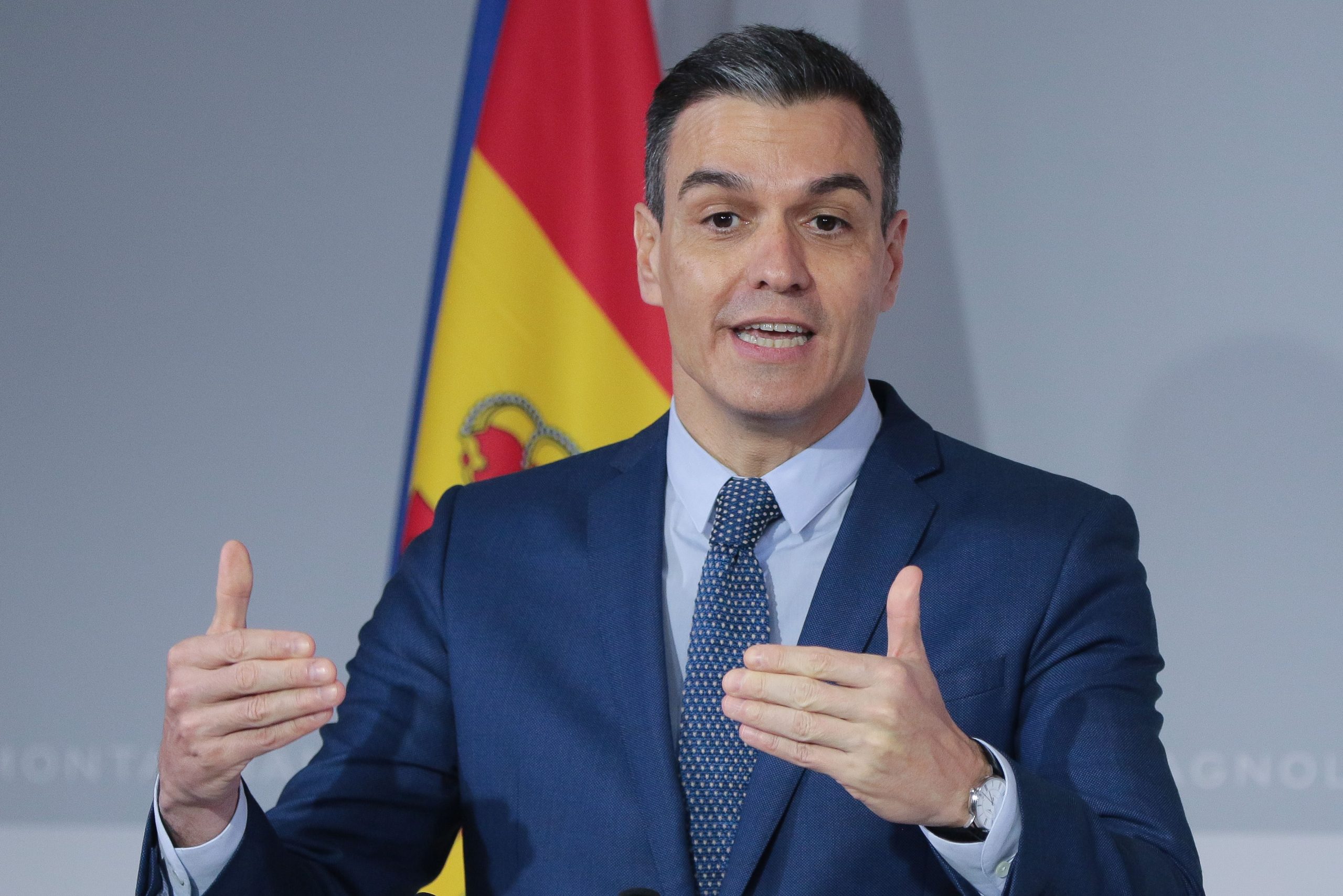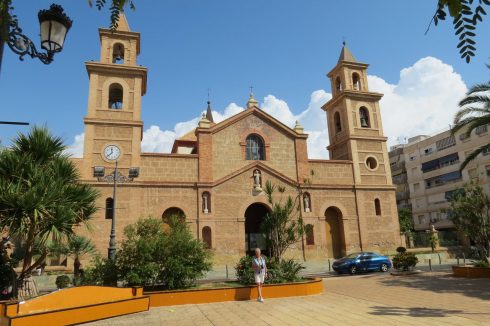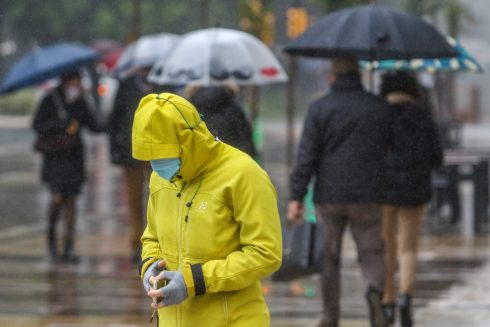SPAIN’S Prime Minister has outlined his Recovery and Resilience plan for the nation aiming to revive and modernise its economy using €72 billion in grants from the European Union.
Spain has earmarked a total of 140 billion euros to spend by 2027 for an investment and reform programme closely monitored by the European Commission.
Roughly half of it will take the form of grants from the EU while the rest will be paid out in loans backed by the European Union.
Socialist Prime Minister Pedro Sanchez unveiled broad plans on Tuesday, although the proposal will be fine-tuned before it is sent to Brussels by the April 30 deadline.
“We only come by opportunities like this a few times every century and we cannot let it pass us by,” Sánchez said in a televised address following the weekly cabinet meeting in Madrid on Tuesday.
He described the funds as Spain’s “greatest opportunity” since joining the European Union and heralded his government’s recovery plan as “the most ambitious and transcendental in the economic history of Spain”.
Sanchez said the plan includes 212 measures, of which 110 involve the allocation of funds into 10 broad policy areas while the remaining 102 measures are reforms, including of the public health system, energy and renewables, or the modernization of the justice system.
He envisioned that the programme should bring growth of two percentage points to gross domestic product growth annually in the coming years
Spain is one of the EU countries hardest hit by the pandemic, with the nation posting a record contraction of 10.8% during 2020, the largest contraction in recent history.
Central, regional and local governments will be largely in charge of spending the money.
Here’s the breakdown of where the money will be spent:
GREEN AND DIGITALISED ECONOMY
Investing in environmental projects accounts for the largest portion of the plan, roughly 39% while a third of the investment will towards digitalisation projects aimed at helping small companies, public administration and key sectors such as tourism.
EDUCATION
Education will absorb at least 18% of the 72 billion euros, creating 65,000 places in pre-school education and 140,000 school classrooms due to open.
Meanwhile some €3.3billion will be earmarked for science and technology development.
RURAL REPOPULATION
An ambitious plan to bring broadband internet and 5G mobile networks to rural areas will see an investment on €4.3 billion aimed at repopulating the countryside and stemming the flow away from rural life to the cities.
HOUSING RENOVATION
Included in the budget is €6.8billion in housing and urban regeneration with the aim to strive for greater energy efficiency in some half a million homes.
ELECTRIC CARS
Spain said it will use EU funds to create a public-private consortium with Volkswagen’s Spanish unit SEAT and power company Iberdrola to build its first plant making electric-car batteries.
The sustainable mobility strategy will total 13.2 billion euros with 800 million of that used to subsidise the purchase of electric cars.
ENERGY TRANSITION
Spain aims to create 6,000 MW of renewable energy capability with €1.5 billion euros will be earmarked for hydrogen projects and a goal of 150,000 fast-charging points to be installed by 2023 to support electric vehicles.
REFORMS
The Socialist-led coalition government has promised to repeal some labour and pension reforms adopted by a previous conservative government during the European debt crisis. Other planned reforms include reinforcing the health system, water sanitization and a housing bill.
READ ALSO:
- Coronavirus impact on Spain’s economy is worse than we feared
- CURFEWS AND CLOSURES: How the end of Spain’s State of Alarm will change COVID-19 rules
Click here to read more Spain News from The Olive Press.








